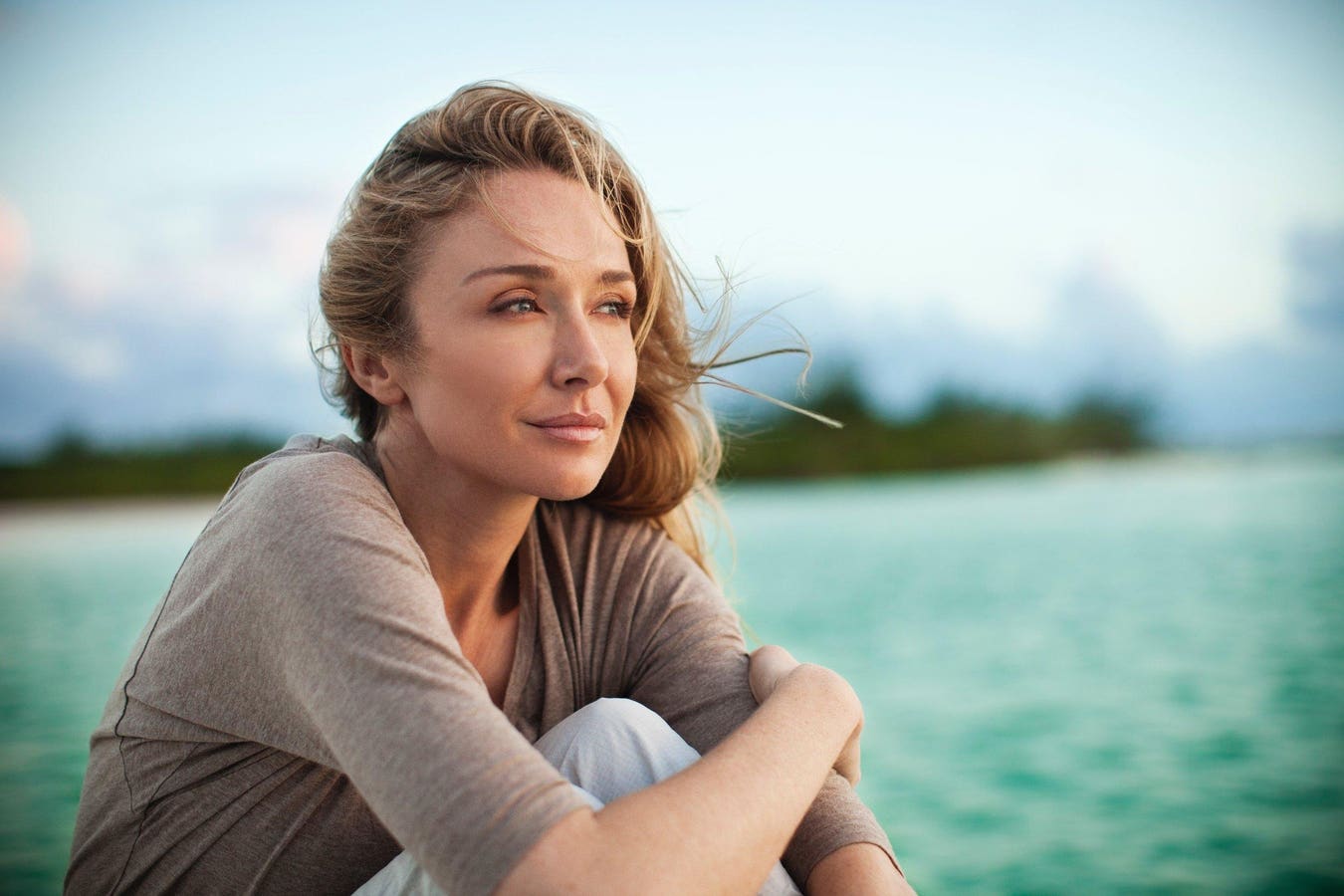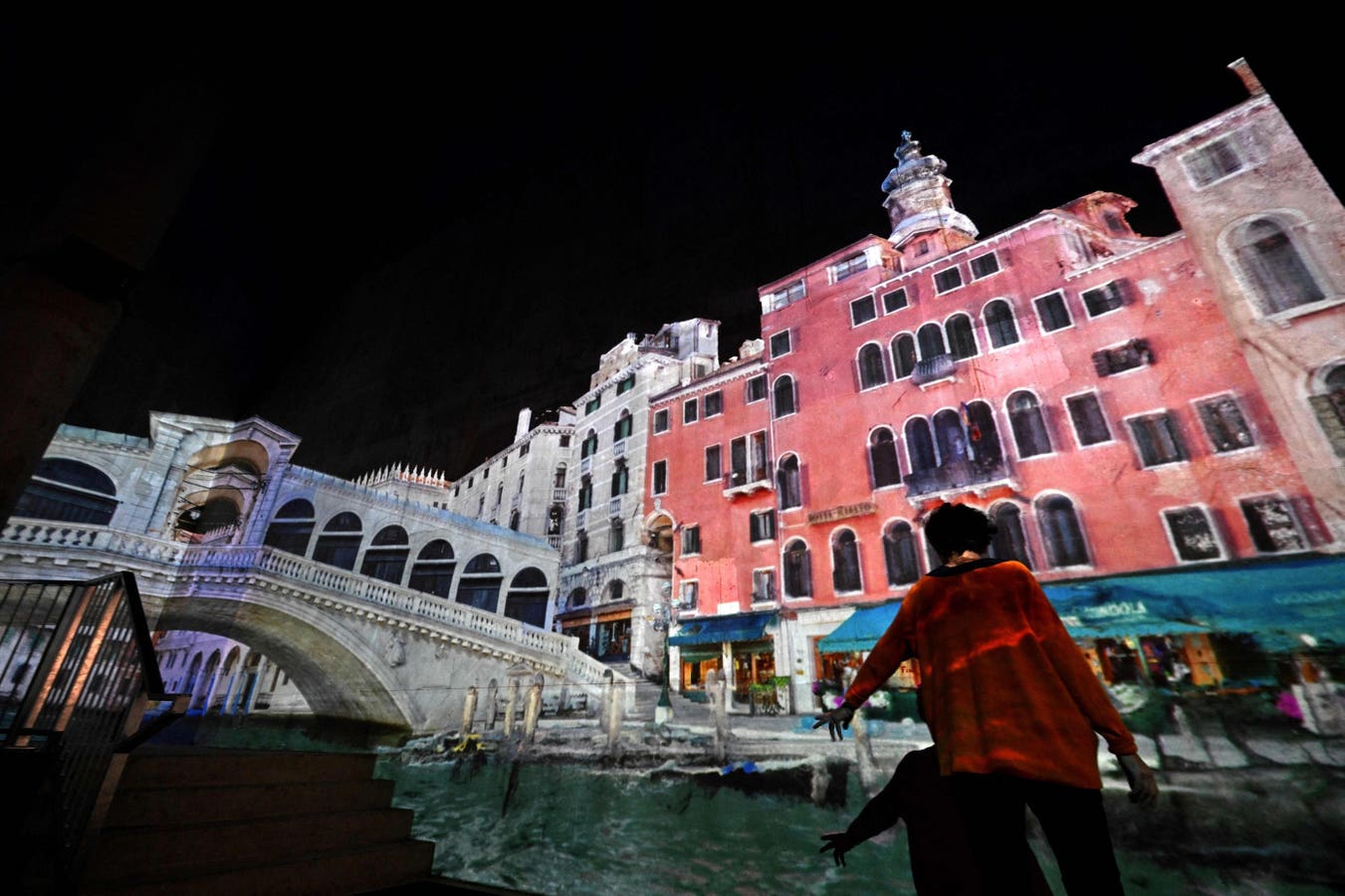Alexandra Cousteau is calling out the French government for what she refers to as political inaction … More
In a powerful condemnation of what she calls “political inaction,” ocean advocate Alexandra Cousteau— granddaughter of legendary oceanographer Jacques Cousteau— has joined forces with Oceana to shine a light on France’s failure to curb one of the most destructive forms of industrial fishing— bottom trawling.
“The ocean is my life’s work— it’s in my blood,” says Cousteau. “My grandfather Jacques-Yves Cousteau helped the world fall in love with the sea, and I’ve dedicated my life to building on that legacy. It’s not just about protecting what remains but also restoring what has been lost.”
Bottom trawling is a destructive fishing method that involves dragging massive, weighted nets across the seafloor, unselectively scooping up marine life.
Despite France positioning itself as a steward of marine protection and preparing to host the third United Nations Ocean Conference from June 9–13, a new Oceana report reveals that bottom trawling continues unabated in 42% of France’s marine protected areas (MPAs) in European waters, including some of the nation’s most prized Marine Nature Parks. This controversial practice— likened to razing a forest just to catch a few birds— tears up fragile seafloor habitats, indiscriminately kills marine organisms, releases carbon stored in ocean sediment, and undermines the very ecosystems these protections were designed to defend.
“Political inaction has allowed destructive activities to continue in places that should be off-limits,” says Cousteau. “This is the time for President Macron to lead by example and end bottom trawling in France’s marine protected areas.”
At the 2022 UN Biodiversity Conference, over 190 countries pledged to protect 30% of the ocean by 2030 to safeguard marine biodiversity, restore fish populations, and boost climate resilience. France, long seen as a champion of ocean conservation, claims it has already met the 30×30 target by designating 30% of its waters as protected.
A trawl net is hauled up and the fish are poured into the bin for sorting aboard a Boulogne-sur-Mer … More
But according to the ocean advocacy group, the reality tells a different story. Despite possessing the world’s second largest Exclusive Economic Zone, France has placed just 0.03% of its marine protected areas under full protection from extractive activities.
Using satellite tracking data from Global Fishing Watch, Oceana found that roughly 70% of trawlers operating within these so-called protected zones fly the French flag. Among them are vessels using “beam trawls”— massive nets held open by steel beams and dragged across the seafloor— infamous for causing some of the most severe damage to vulnerable marine habitats.
One of the marine national parks in the study, the Picardy Estuaries and Opal Sea, saw nearly 60 trawlers log close to 7,500 hours of fishing in 2024. Most were French-flagged, including small boats targeting shrimp and scallops, while 21 were large industrial vessels using heavy beam trawls to scrape the seafloor for flatfish.
Cousteau has seen the impacts firsthand. “Throughout my life, I’ve traveled the globe exploring the oceans and I’ve seen firsthand what’s at stake… To see destruction happening in places that are meant to be safe havens is heartbreaking.”
The Oceana report highlights that healthy coastal ecosystems are essential not only for food security and local livelihoods but also for climate resilience. They buffer communities from rising seas and act as powerful carbon sinks— oceans have absorbed 20 to 30% of all human-generated CO₂ since the 1980s, according to the Intergovernmental Panel on Climate Change. Yet bottom trawling threatens this critical role, disturbing sediments and releasing an estimated 0.58 to 1.47 billion metric tons of carbon dioxide into the water each year, weakening one of the planet’s most vital climate defenses.
“The ocean floor stores an enormous amount of carbon, and when trawlers pass through, they churn up the seafloor, remobilizing that carbon,” says Cousteau. “So while the ocean has helped us reduce the worst impacts of climate change, this extremely destructive activity could imperil the ocean’s ability to absorb even more carbon dioxide in the future.”
Cousteau refers to Oceana’s findings as “deeply troubling,” pointing to data showing that in France’s Marine Nature Parks— some of the country’s most iconic marine protected areas— more than 100 bottom trawlers collectively spent over 17,000 hours fishing.
“That’s like one boat trawling non-stop for nearly two years straight,” she says. “These are supposed to be sanctuaries for marine life and important ocean ecosystems, but instead these fragile habitats are being bulldozed, wildlife is being decimated, and the very idea of protection turns out to be mere lines on a map.”
Cousteau emphasizes that the problem isn’t isolated to France. The problem is widespread across Europe, where EU waters are the most heavily trawled in the world, with 92% of discarded fish linked to the practice, according to WWF.
A 2025 analysis found bottom trawling occurs in 77% of France’s protected marine areas, 85% in Germany, and 44% in Italy, totaling over 1.7 million hours annually. A recent study estimates the economic toll to the EU could reach €10.8 billion a year, mainly from carbon released by disturbed seafloor sediments.
Crab Fishing Trawler in German North Sea
“Allowing bottom trawling in marine protected areas makes a mockery of the very concept of protection,” Cousteau states.
In May, Oceana and a coalition of groups— including Patagonia, WeMove Europe, ClientEarth, Bloom Association, and Protect Our Catch— delivered a petition with over 250,000 signatures to EU Fisheries Commissioner Costas Kadis, urging a ban on bottom trawling in marine protected areas. The move highlights rising public concern, with polls showing 82% of Europeans support tougher rules and 73% favor a total ban in MPAs— putting growing pressure on EU decision-makers to act.
Calls to ban bottom trawling have grown louder in recent weeks, fueled by a surge in public outrage following the release of Ocean, a powerful new film by Sir David Attenborough. The documentary exposes the devastating impact of trawling on fragile seafloor habitats, showing how massive nets gouge deep scars into the ocean floor, where recovery can take decades, if it happens at all.
Cousteau asserts that if nations are genuinely committed to achieving the 30×30 conservation target, they must implement comprehensive bans on bottom trawling within all marine protected areas— not partial restrictions that permit the practice in some zones while prohibiting it in others. Given France’s longstanding reputation as a leader in ocean governance, taking decisive action to eliminate bottom trawling from its protected waters would set a compelling precedent for the international community.
“Banning bottom trawling in all French marine protected areas would not only help marine life and habitats, but also the coastal communities that depend on a healthy ocean,” she says. “Science has shown time and time again that when we give the ocean space to recover, fish populations rebound, ecosystems recover, and small-scale fisheries benefit economically.”
Cousteau’s collaboration with Oceana is rooted in a mutual commitment to science-driven, results-oriented advocacy. “I work with Oceana because I admire their effectiveness,” she says. “They are science-based and results-driven. Oceana understands that saving the oceans requires real action.”
Having spoken with leaders across the globe, Cousteau believes the knowledge is there. “The real question is: are they willing to act?”
She sees France as uniquely positioned to lead. The responsibility, she says, rests squarely with the French government— particularly the president and the ministers of environment and fisheries. “It’s up to them to ensure that marine protected areas live up to their name.”
Taking meaningful steps to end destructive practices like bottom trawling, she adds, would bring France in line with its international commitments and set a powerful precedent for other nations.
“France gave the world Jacques Cousteau, and it must do better than to allow destructive activities like bottom trawling in its marine protected areas,” she says. “The time for action is now.”









